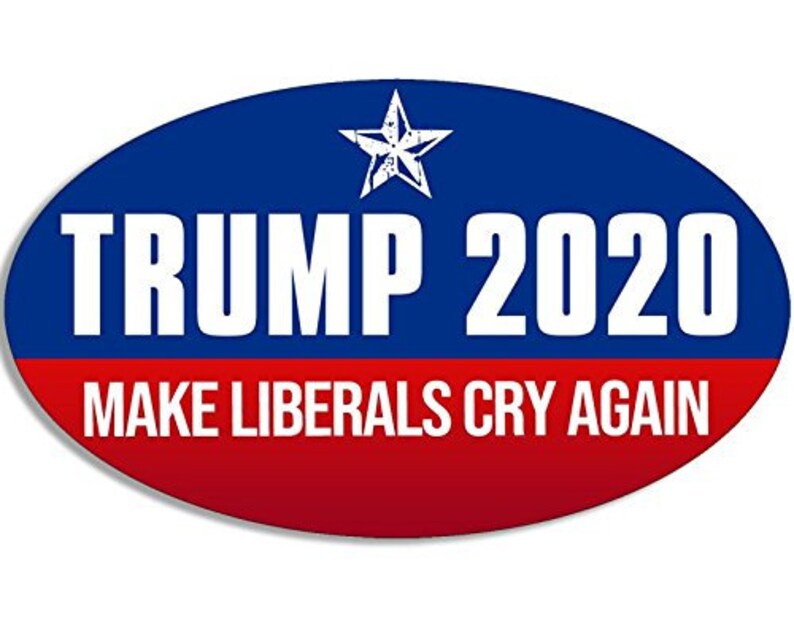I have a solid minor in statistics in college which includes probability based on the two key words of any sampling techniques-the words
are "validity" and "reliability."
Even though in 2016 the sampling didn't predict the winner because of the Electoral College, they were pretty damn accurate is predicting that Hillary would
win the popular vote by 2-3 million votes.
I just did a little bit of research on the internet re: how many people are needed to accurately predict the results of a Presidential Election with a margin
of error of above 3%.
And as I suspected a sample size of around 1000 is all that is needed to accurately predict the results of a Presidential Election involving millions of
people AS LONG AS IT IS A RANDOM SAMPLE REPRESENTING THE POPULACE AS A WHOLE OF THOSE WHO ARE MOST LIKELY TO VOTE.
I understand that this concept might be difficult to believe for those who don't have education and/or experience in this area.
However with rare exceptions such as in 2016, sampling techniques today are highly sophisticated and quite accurate.
That is why in fact both political parties rely on them so much with their own internal polling.
Dead on savage1:
https://minnesota.cbslocal.com/2019/11/14/with-so-many-political-polls-why-are-so-few-people-called/
With So Many Political Polls, Why Are So Few People Called?
By
Heather BrownNovember 14, 2019 at 10:03 pm
Filed Under:Good Question,
Heather Brown,
Local TV
MINNEAPOLIS (WCCO) — With the presidential primaries just a few months away, expect to hear a lot about political polls.
Jon from Pequot Lakes emailed WCCO wanting to know: If there are so many polls, why hasn’t he been called? Good Question.
“The answer is we talk to someone just like you,” said Anthony Salvanto, director of Elections and Surveys for CBS News. “We talk with someone who is similar enough to you in the way they would have answered the question that they would represent you.”
Pollsters use a sample of the population to determine the estimate of Americans’s opinions on any number of topics.
Salvanto says 1,000 people surveyed is a good benchmark. It’s essential for accuracy that the sampling include differences based on age, race, education, region and political leanings.
“The mechanism of how that works is that the people you talk to when you put together this little microcosm of the state or country represent others like them,” he said.
Some polling is done with phone calls, where the numbers are randomly generated by a computer.
According to Pew Research, the response rate has fallen to 6% for phone surveys. That means a pollster would have to call almost 17,000 people to get 1,000 to answer a phone survey.
“We are calling cellphones, but it’s easy for a cellphone to go to voicemail,” Salvanto said. “That’s one of the challenges for telephone polling.”
More and more polling is no happening online, where people can sign up with polling companies for online panels to answer survey questions. For
CBS News’ October Battleground Tracker poll, pollster YouGov surveyed 16,500 registered voters online over 18 states.
“The convenience is important in getting a cross section of people,” Salvanto said.
But, as for why Jon from Pequot Lakes hasn’t been called,
Pew Research answered that question. They calculate that each American over 18 has a 1 in 160,000 chance for getting called for any of their polls. Even in there are thousands of polls every year, the chances are still pretty small.
 ointer:
ointer: hno:Loser!@#0face)(*^%
hno:Loser!@#0face)(*^%







